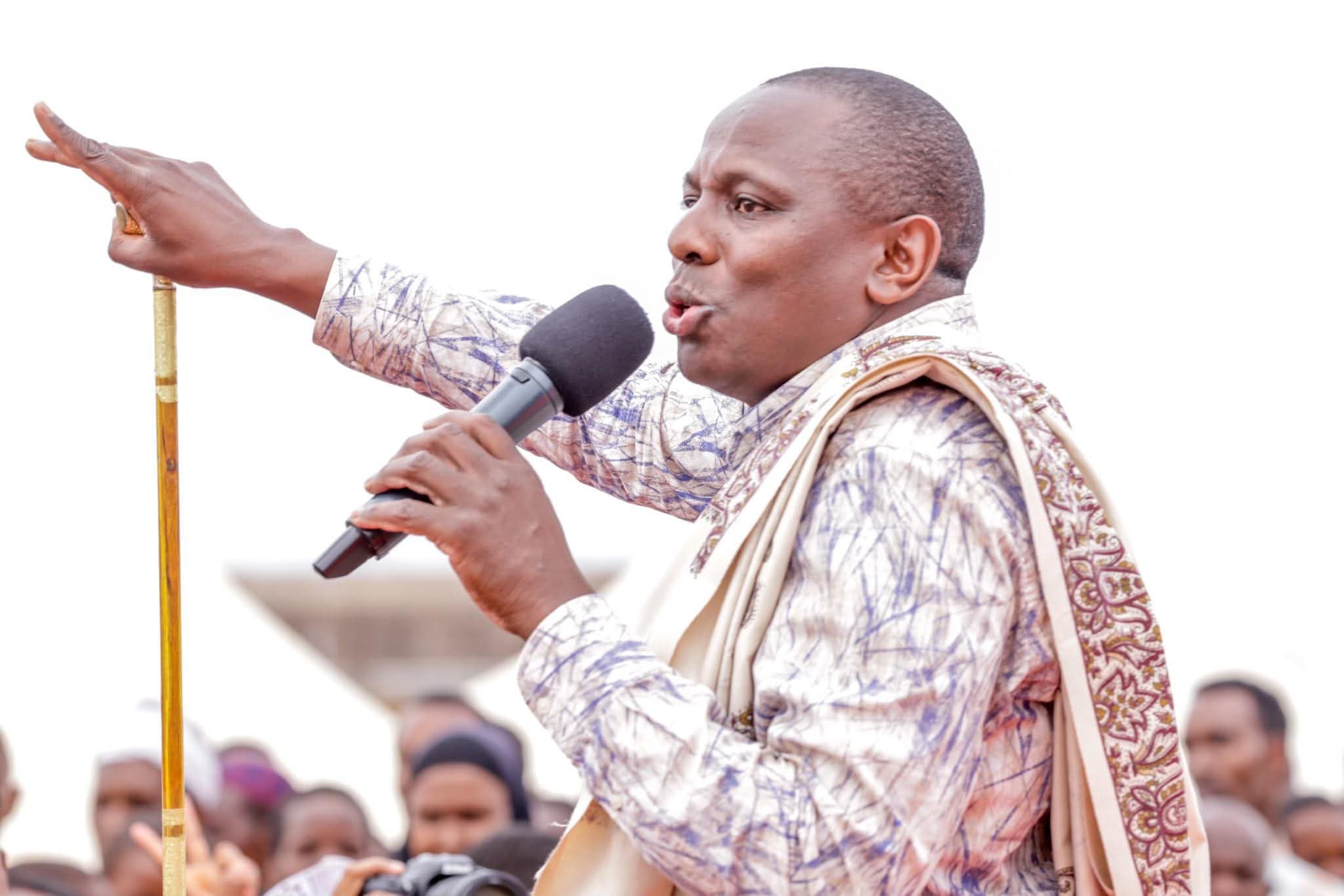We're loading the full news article for you. This includes the article content, images, author information, and related articles.
National Assembly Majority Leader Kimani Ichung’wah insists the controversial 2025 Cybercrime Act targets online bullying and moral decay, not dissent, as a High Court suspension and public outcry intensify the debate over digital freedoms in Kenya.

National Assembly Majority Leader Kimani Ichung’wah has mounted a staunch defense of the newly enacted Computer Misuse and Cybercrimes (Amendment) Act, 2025, positioning it as a critical tool to protect Kenyan youth from the perils of online harassment and exploitation. His clarification comes amidst a significant public and civil society backlash that culminated in a High Court order suspending contentious sections of the law over fears it could stifle freedom of expression.
Speaking on Sunday, October 26, 2025, in Kakamega County, Ichung’wah argued that the law’s primary intent is to safeguard the nation's moral fabric and prevent tragedies linked to online manipulation, such as the Shakahola massacre. He specifically highlighted amendments aimed at curbing the spread of pornography, religious extremism, and content likely to induce suicide. "Our young people are dying from teenage depression because of being terrorized online through cyberbullying. That amendment sought to protect the children of Kenya so they do not take their own lives," Ichung'wah stated on Thursday, October 23.
President William Ruto, who signed the bill into law on Wednesday, October 15, 2025, echoed this sentiment, asserting the legislation is designed to combat emerging digital threats including terrorism recruitment, cyberbullying, and online fraud, not to curtail constitutional freedoms. The President dismissed claims that the timing of his assent—coinciding with the day of former Prime Minister Raila Odinga's passing—was deliberate, stating it was part of his scheduled constitutional duties.
Despite these assurances, the law was immediately met with legal challenges. On Wednesday, October 22, 2025, the High Court in Nairobi temporarily suspended the enforcement of key provisions, specifically Section 27(1)(b), (c), and (2). This followed a petition filed by activist Reuben Kigame and the Kenya Human Rights Commission (KHRC), who argued the clauses are unconstitutionally vague and threaten free speech. The suspended sections criminalize communication deemed harmful to a person's reputation, privacy, or mental well-being, with penalties of up to KES 20 million or a ten-year prison term.
Ichung’wah described the court's decision as being based on "misinformation and disinformation," arguing that Section 27 was part of the original 2018 Act and had previously been upheld by the courts. The 2025 amendment, sponsored by Wajir East MP Adan Daud, primarily added the clause concerning inducement to suicide.
The Computer Misuse and Cybercrimes (Amendment) Act, 2025, significantly expands upon the 2018 legislation. It introduces new offenses such as unauthorized SIM-swapping to commit fraud, which carries a penalty of a KES 200,000 fine or a two-year jail term. It also broadens the definitions of phishing and identity theft.
A central point of contention for critics is the enhanced power granted to the National Computer and Cybercrimes Coordination Committee (NC4). The committee is now authorized to order the blocking or removal of websites and applications deemed to promote illegal activities, including terrorism, child pornography, and religious extremism. Civil society organizations like ARTICLE 19 have warned that these powers lack sufficient judicial oversight and could lead to censorship and "digital authoritarianism." Former Chief Justice David Maraga termed the law a "betrayal of Kenyans," expressing concern that it could be used for political manipulation.
In response, Government Spokesperson Isaac Mwaura clarified on Thursday, October 23, that any action by the NC4 to take down a website would be subject to judicial review, in line with constitutional safeguards. However, public skepticism remains high, with many Kenyans fearing the law could be used to silence dissent, particularly in the wake of recent online activism against government policies.
As the legal battle over the suspended clauses continues, the debate underscores the deep-seated tension between the government's stated objective of protecting citizens from online harm and the public's demand to safeguard hard-won digital and expressive freedoms in Kenya.
Keep the conversation in one place—threads here stay linked to the story and in the forums.
Sign in to start a discussion
Start a conversation about this story and keep it linked here.
Other hot threads
E-sports and Gaming Community in Kenya
Active 9 months ago
The Role of Technology in Modern Agriculture (AgriTech)
Active 9 months ago
Popular Recreational Activities Across Counties
Active 9 months ago
Investing in Youth Sports Development Programs
Active 9 months ago
Key figures and persons of interest featured in this article